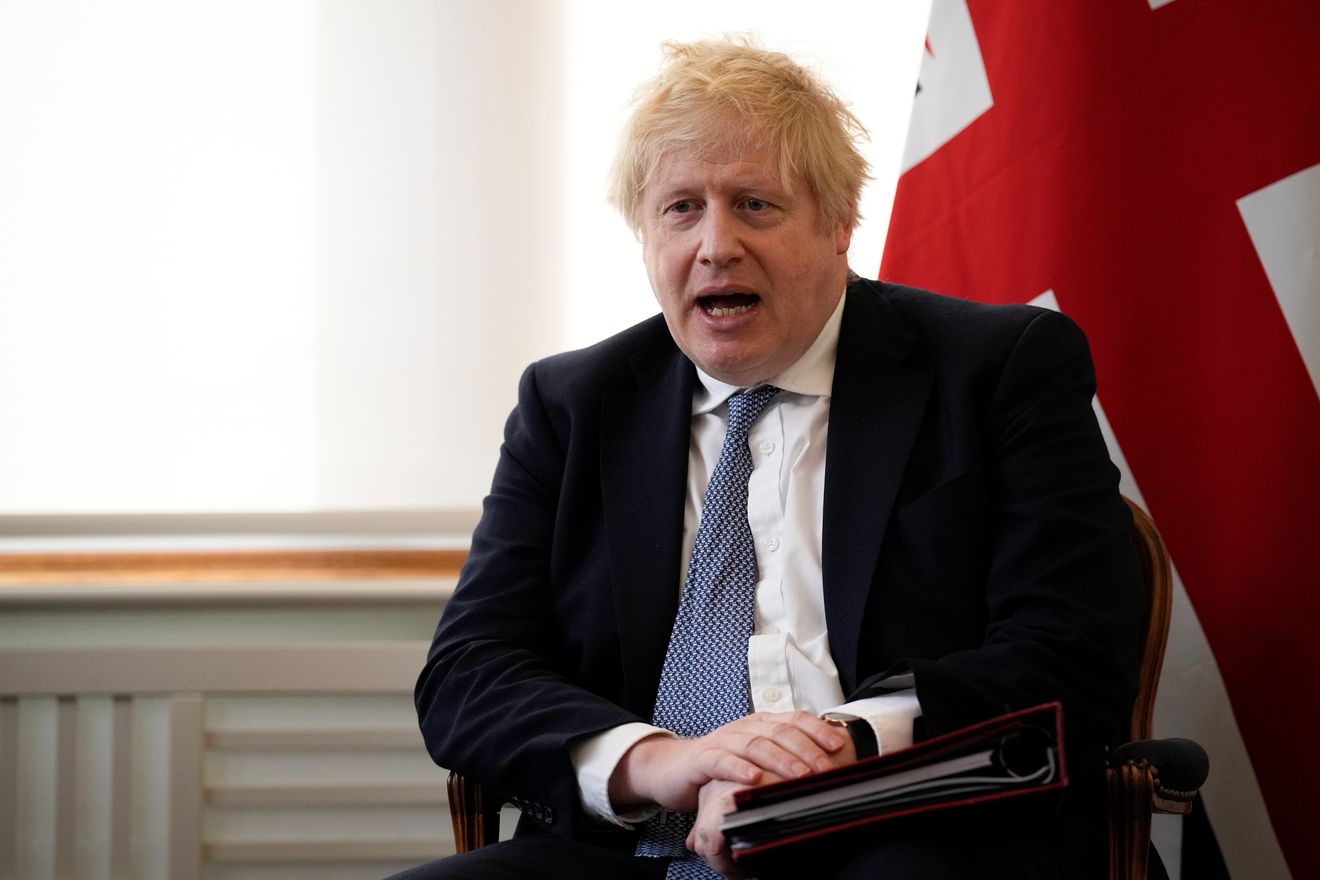Prime Minister Boris Johnson chose the historic setting of the Old Royal Naval College at Greenwich to lay out his vision of the country’s new role in the world on 3 February 2020, fresh off the triumphant conclusion of Britain’s withdrawal from the European Union and a crushing general election victory. Johnson revelled in the Painted Hall’s extravagant celebration of the United Kingdom’s past nautical supremacy as he envisioned Britain’s bright future as a global champion of free trade.
Johnson announced shortly after his Greenwich speech that his government would release the Integrated Review of Security, Defense, Development, and Foreign Policy, which Downing Street described as “the largest review of the UK’s foreign, defence, security, and development policy since the end of the Cold War.” ‘Global Britain’ was a title in need of a storey, and it was time to backfill it now. ‘Global Britain in a Competitive Age’ was the title of the review, which was released on March 16, 2021.
For the EU, Johnson’s idea of a Global Britain played little significance. After finally pulling off the geopolitical miracle of Brexit and freeing the UK from its tangle of EU responsibilities, it was only natural for the UK to go out into the world in a similarly self-reliant manner. Johnson’s goal to obtain a fully independent foreign policy for the UK was part and parcel of his successful domestic political strategy of permanent Brexit, according to political analysts in the UK and beyond. Even after the formal Brexit, his government appears to need to fight the EU on a regular basis to defend its political existence. Brexit has become more of an idea than a policy for the Johnson administration. The idea of permanent Brexit, on the other hand, cannot override the laws of distance and strategy. The United Kingdom may have left the EU, but it is still a part of Europe. From a geographical standpoint, the EU appears to be Britain’s most important partner.
A medium-sized democratic republic off the western coast of Eurasia can only hope to promote its interests in cooperation with like-minded liberal allies in a world of escalating geopolitical competition, authoritarian advances, and geo-economic coercion. The EU is the UK’s crucial geopolitical partner, as the US becomes increasingly self-absorbed and focused on the Indo-Pacific and China. Brexit The United Kingdom has a lot to offer this collaboration. Unlike in its “special relationship” with the United States, it is not obligated to play the role of junior partner and follow its leader into whatever blunder US internal politics dictates. It does, however, need to go past the current food and fish squabbles, to stop playing Russian roulette with Northern Ireland’s fragile peace, and to aim to build a working relationship that reflects Britain’s geopolitical vulnerability.
There is a method to achieve this geostrategic alignment without giving up whatever sovereignty advantages that Brexit may have provided. The current British government does not appear to be interested in taking such a stance. However, in the United Kingdom, it is still a viable political approach. According to a recent poll done by the European Council on Foreign Relations, the British public is at best indifferent to the return of Britain as a global military force and has no particular animus towards the EU in the aftermath of Brexit.
Global Britain is a fantasy based on a distorted imperial past. However, the United Kingdom does not need to isolate itself from the rest of the world or accept a permanent position of subordination in international affairs. Working with the EU, the UK has the capacity and political will to find a better path – but only if its leaders have the sense to take advantage of it.

